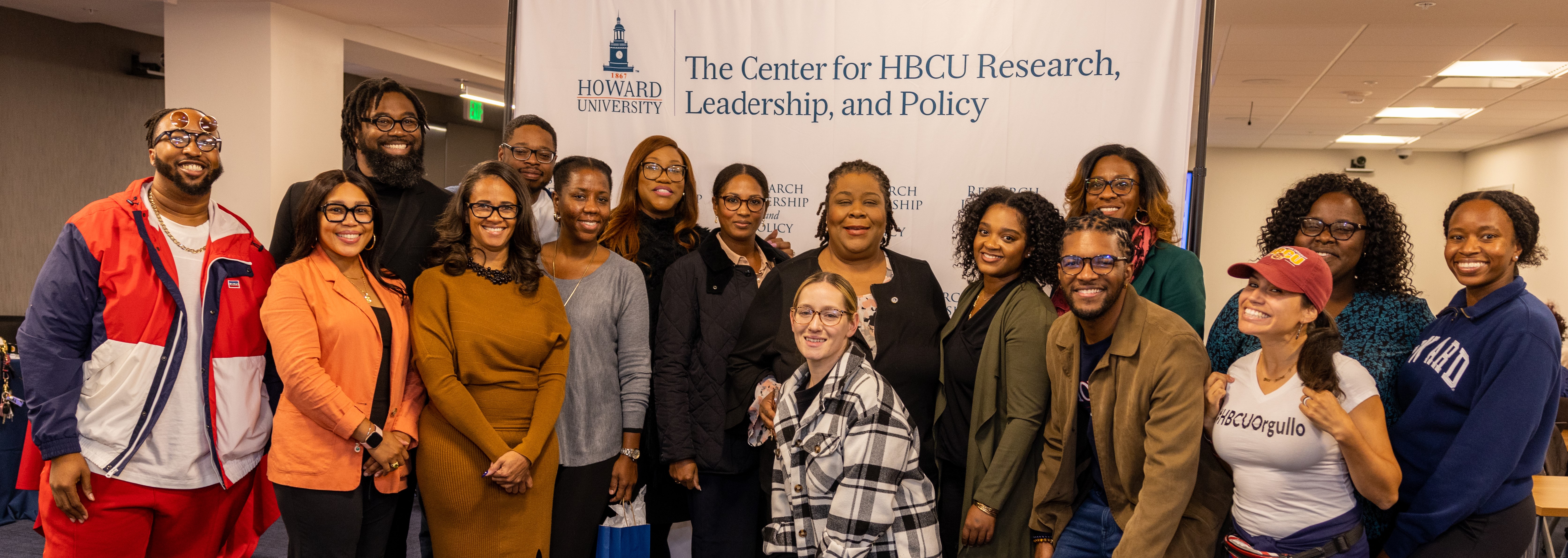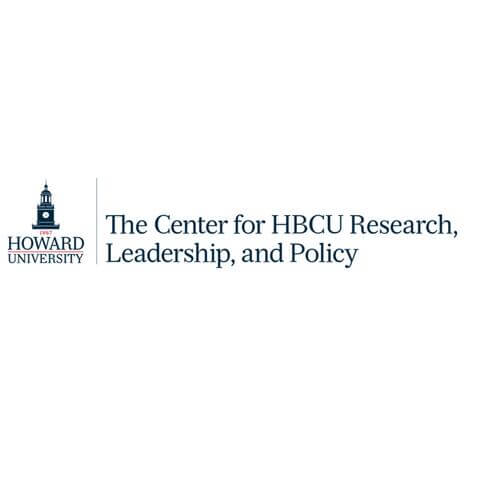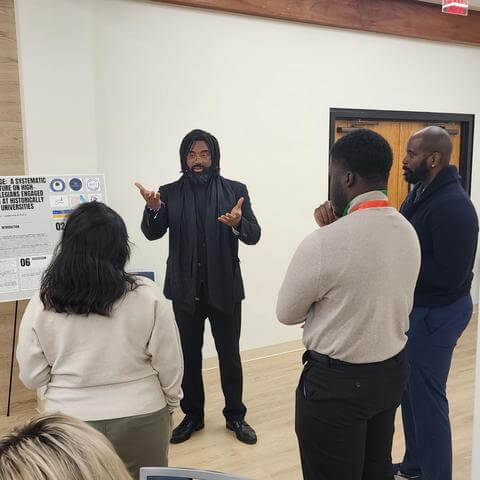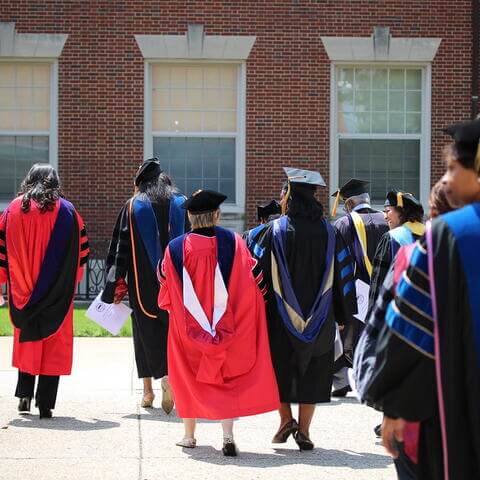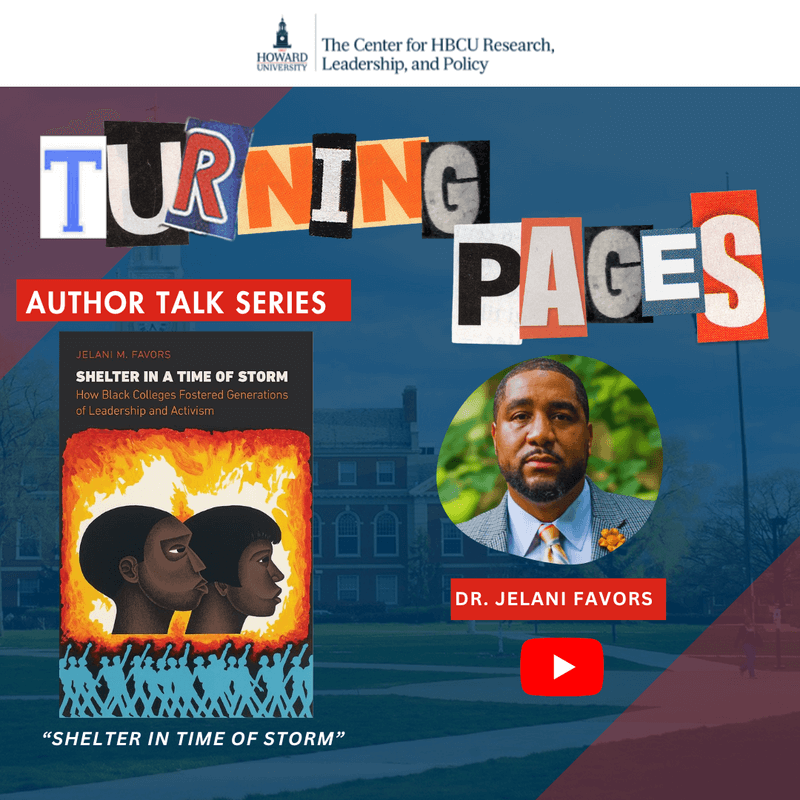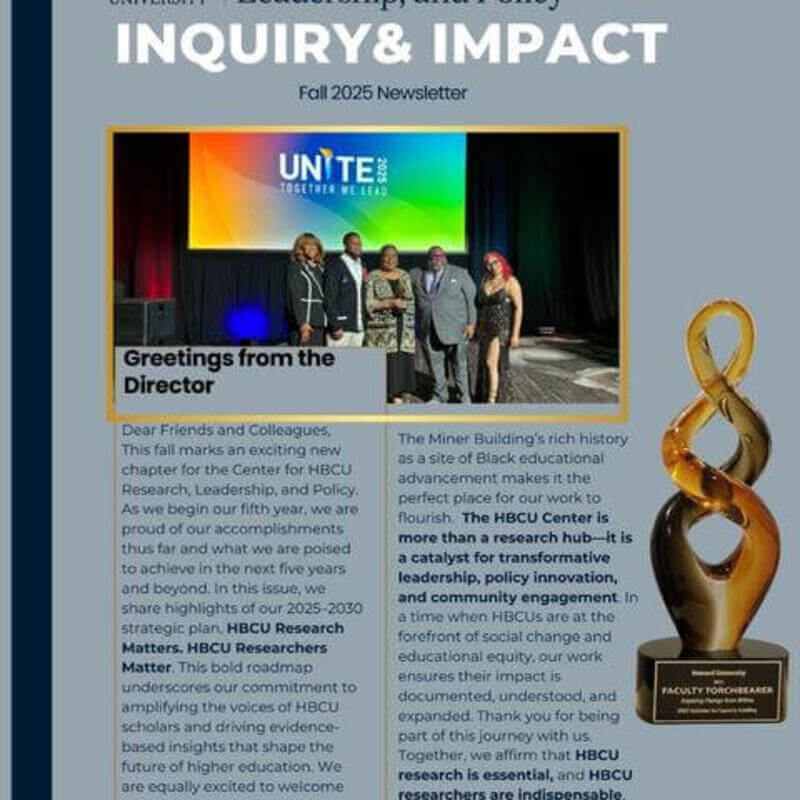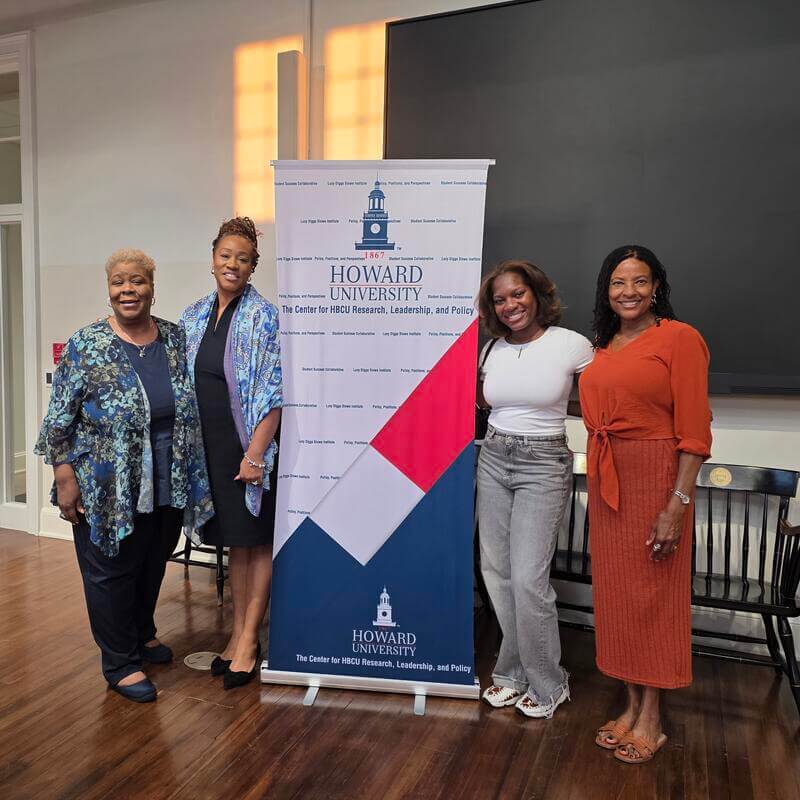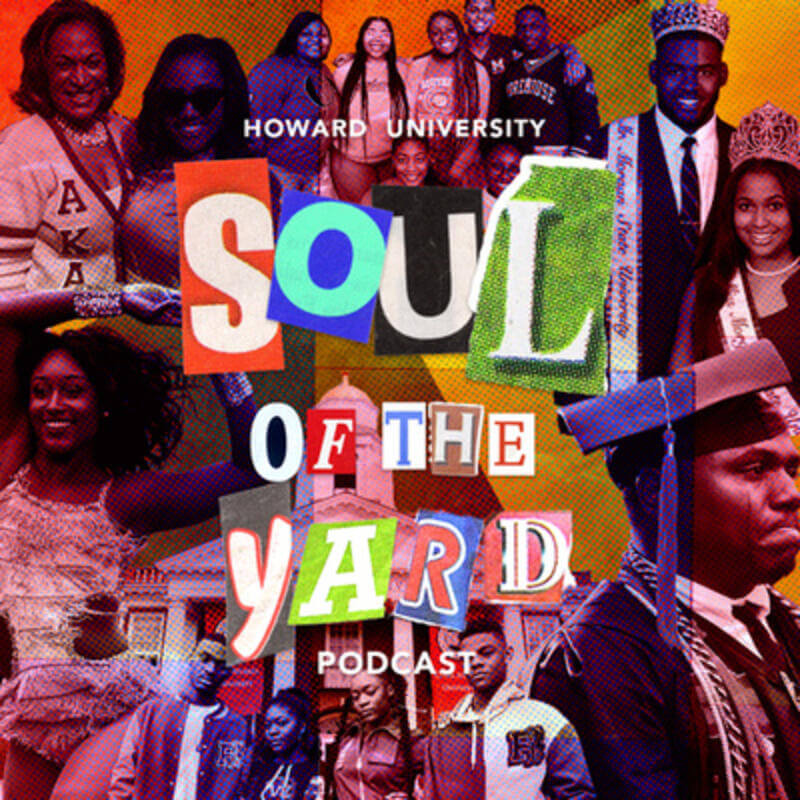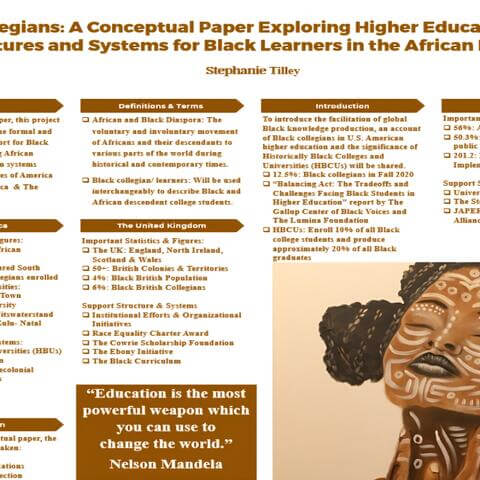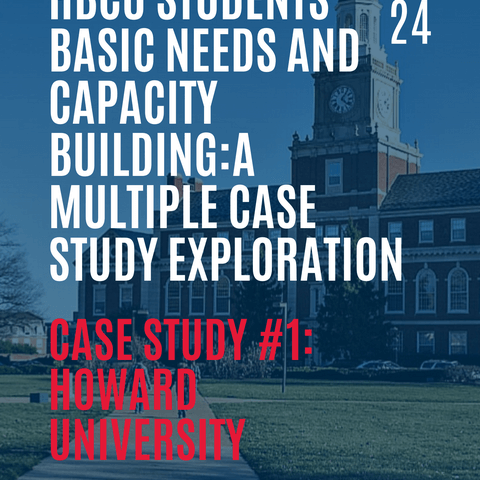HBCU Center Fellows (HCRN Fellows) are scholars, researchers, and practitioners who advance the Center’s mission by generating and sharing research on issues vital to Historically Black Colleges and Universities, strengthening the Center’s impact and community.
Homepage
Center for HBCU Research, Leadership, and Policy
Welcome to the Center for HBCU Research, Leadership, and Policy!
The Center for HBCU Research, Leadership, and Policy at Howard University aims to build a community of HBCU and HBCU-allied researchers whose scholarship informs higher education leadership, policy, and practice.
Research at the HBCU Center
Research at the HBCU Center advances scholarship that strengthens Historically Black Colleges and Universities and highlights their enduring contributions to higher education. The Center cultivates a collaborative community of HBCU and HBCU-ally scholars, practitioners, and leaders who conduct research affirming leadership, amplifying policy impact, and advancing institutional resilience.
Our work is guided by three core values, affirming the centrality of HBCUs in the production and dissemination of knowledge, amplifying HBCUs as exemplars of institutional resilience and agents of social change, and advocating for perspectives, policies, and practices that are inclusive, just, and transformative, which shape every project, partnership, and publication.
Together, these values reflect our belief that research is not only a tool for understanding but also a catalyst for innovation, and collective progress across the HBCU ecosystem.
Learn More About Research at the HBCU CenterSoul of the Yard Podcast
The S.O.U.L. of the Yard Podcast explores the enduring influence of HBCUs on education, culture, and society, illuminating their critical role in shaping intellectual thought leadership and social progress.
Listen to the PodcastTurning Pages, Author Talks Webinar Series
Turning Pages, Author Talks features interviews with authors whose publications explore and illuminate topics aligned with the HBCU Center’s mission. Turning Pages, Book Reviews are critical essays of books written by HBCU researchers (Graduate Assistants, Practitioners, etc).
Explore Author TalksInquiry & Impact Newsletter
The HBCU Center’s monthly newsletter, Inquiry & Impact, features Center initiatives, essays, policy updates, and collaboration opportunities for HBCUs and their allies.
Read & Subscribe